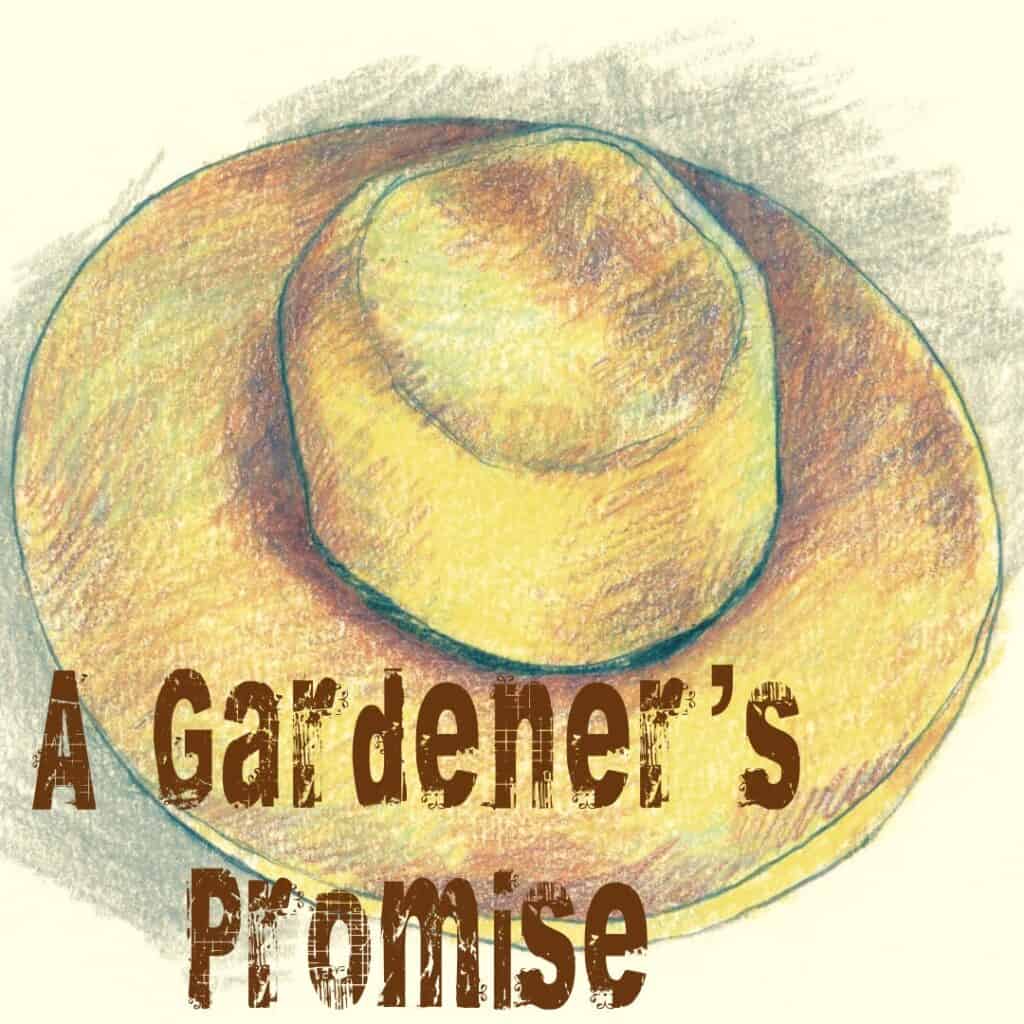
My Father is the Gardener moves through the work of cultivating to the finer points of pruning, an essential chore for fruitful garden care, requiring a step up in knowledge and trust. The work is more pointed, causing a clearing out. Nothing about pruning (not to be confused with hedge trimming), is casual, thereby demonstrating the thorough commitment of our Father-Gardener God. Chapter 11 gathers pruning wisdom, rallying apple and apricot trees and their success under secateurs; a twin blog wraps around weeding, with wormwood’s conviction in preventing unwanteds. Let the journal questions below guide you to a personal journey in the garden with God. Be ready for oiling and sharpening!
Chapter 11 – Pruning and Apple and Apricot Trees
The practice of pruning provides key understanding in the lives of God’s followers. God our Father is a gardener, Jesus confirmed; the title of my book, My Father is the Gardener, proclaims it! He actively prunes us to ensure our productivity, a practice that can feel a bit edgy if we are not informed by this metaphor. Jesus’ biggest reveal of God’s methods came in his heart-to-heart the evening before his own pruning. “The Last Supper,” as most Christians know it, Jesus’ Passover seder with his disciples, was an appointed, lingering engagement full of gardening revelation:
He lops off every branch that doesn’t produce. And he prunes those branches that bear fruit for even larger crops. He has already tended you by pruning you back for greater strength and usefulness by means of the commands I gave you. John 15:2–3 TLB
The intimacy of the evening revolved around this understanding and upcoming action. How else would the disciples be able to endure the succeeding days of total anguish—the horrible death of their beloved leader, savior, and friend—if they did not believe that He was being cut away for inimitable but good purpose. Jesus illustrated His point with the grapevine, a metaphor with personal, rich, inherited meaning to His Jewish disciples. However, My Father is the Gardener brings apple and apricot trees into the discussion, trees from the Rosaceae family. Nearly all rose family plants are programmed for greater flourish and fruitfulness if knowingly pruned. Even prunes are from this family, the dried fruit of the plum tree, Prunus domestica cultivars.
Click here to buy My Father is the Gardener
Apple and Apricot Trees
The intricacies of keeping these trees, and even their somewhat mysterious mention in God’s Word, invites us to a deeper experience in the poetry and nuance of Scripture, alluding to the maturing effect of God’s love, producing a well-lived life. Cultivating is a general term, but pruning is a focused work, evidenced by the many handbooks and technical guides to the practice. Welcome to the big leagues, gardeners!

Pyrus malus L. is the former name for Malus sylvestris, generally accepted as the crabapple initiating the long, juicy history of cultivating, crossbreeding, and going crazy with apple hybridization. Rare today, this tree is native to Europe and southwest Asia, and has a smaller stature and smaller fruit than modern selections. Apple cultivars number in the thousands, making them challenging to sort by botanical name but plentiful to enjoy the good-for-you fruit and pretty trees. Since apples are easily grafted, you can find one tree with several varieties of apples, a fun and practical choice for small gardens.
Apple trees bring a cheeriness to springtime, a darling of the flowering tees after a dull winter. Clustered flowers begin as bright pink buds polka-dotting the tree, and open to fresh white blooms with characteristic rose-tufted centers of golden anthers. Pollinators buzzing from tree to tree help to turn flowers into fruit. Plant a tree in early spring or late fall to give it a chance to establish roots in a cooler season before summer’s sun-beating. One crabapple I am keeping my eye on: Lollipop® Crabapple by Proven Winners, bred to keep a compact size while bringing spring delight to the home garden—and don’t forget their fall color, too! Apple Trees are coming soon to the Plant Guide
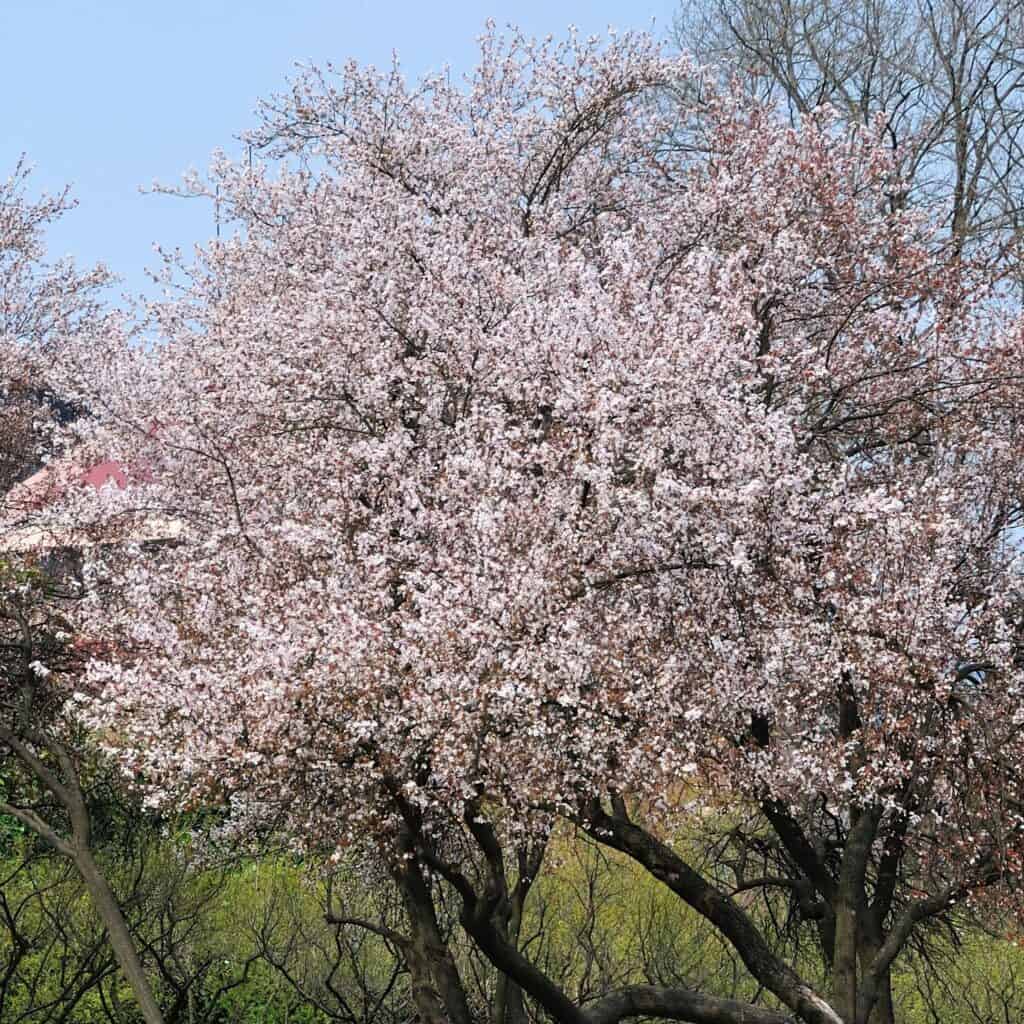
The apricot tree, Prunus armeniaca, has a more concise, straightforward heritage; it has always had this botanical name, and cultivars reflect this clear lineage. They are not as common as apples, nor is their fruiting as reliable. Yet they were likely the gold fruit referenced in the Bible, being a better fit to the Holy Land climate and to poetic descriptions in Scripture.
Apricots please with a spicy, sweet taste, a special tree to grow since their luscious fruit ripens on the tree, best harvested fresh at home, similar to the fig. Spring blooms are pink-to-white, self-pollinating, flowering early in spring—beware if you tend to get a lingering late freeze which would prevent fruit from forming. The stone fruits’ nutritional content, intoxicating aroma, and luxurious texture make this orchard rarity intriguing to grow. Trees leaf out with a lighter color to their underside, causing a slight silvery flicker in breezes, similar to the olive. Apricot trees coming soon to the Plant Guide.
click here for a printable PDF file of Pruning & Apple and Apricot Trees
Journal Questions Chapter 11
Follow along in Chapter 11 of My Father is the Gardener
Like apples of gold in settings of silver is a word appropriately spoken. Like a gold earring, like a fine gold necklace is a wise reprover to a receptive ear. Proverbs 25:11–12 CJB
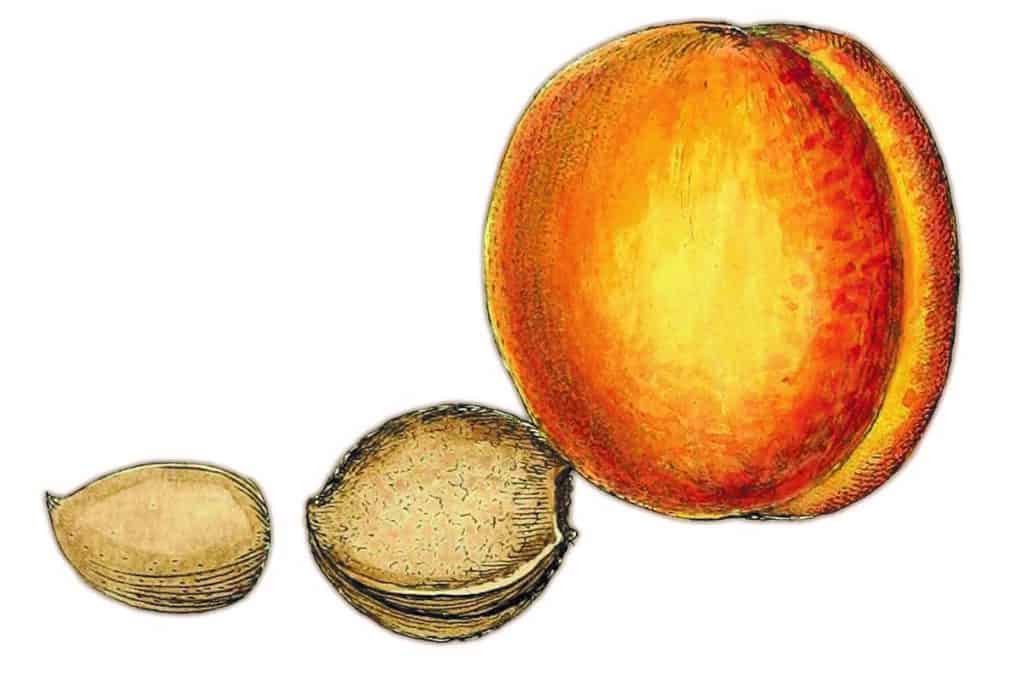
- Do you have any fruit trees in your garden? Do you appreciate firsthand the attentive pruning that fruit trees require?
- When it comes to receiving correction of your work, would you characterize your attitude as sweet like an apricot or prickly like a rosebush?
- Look back over your growing up years. Were you harshly criticized, severely punished, firmly reprimanded, constantly corrected, routinely directed, gently guided, or given little attention at all? Place yourself in this spectrum and describe your experience in your own words:
- Is there any particularly painful memory of a word of correction inappropriately spoken?
- All of us have suffered a misguided word at one time or another. Write a prayer to the Lord for healing from such a moment and ask Him to exchange these painful words for a wise reproval:
- God’s Word says that an ear receptive to correction is like fine gold (Proverbs 25:12). Ask the Lord to give you “golden ears” so that your service for Him will be even more fruitful and grow in the right way:
The Lord spoke to Moses on Mount Sinai: “Speak to the Israelites and tell them: When you enter the land I am giving you, the land will observe a Sabbath to the Lord. You may sow your field for six years, and you may prune your vineyard and gather its produce for six years. But there will be a Sabbath of complete rest for the land in the seventh year, a Sabbath to the Lord: you are not to sow your field or prune your vineyard. Leviticus 25:1–4 HCSB
God knew the self-restraint of relying on him to provide in that resting year would reinvigorate their relationship with him.
Shelley S. Cramm, My Father is the Gardener, page 150
- What plant in your garden do you regularly prune or cut back? How often do you need to make the cuts? Describe the revitalizing results to your garden that you witness:
- Describe any activities in your life that you “prune” or take a break from on a regular basis. What is the time period that you regularly observe in this practice? Write about the results you experience:
- What prompted you to this routine of pause or rest? Do you recognize this practice as a Sabbath?
- Do you understand the Lord’s call for rest or Sabbath as a form of pruning? Always the Gardener! Write a praise for His way, which is designed to reinvigorate your relationship with Him and produce new growth:
For we do not want you to be ignorant, brethren, of the affliction we experienced in Asia; for we were so utterly, unbearably crushed that we despaired of life itself. Why, we felt that we had received the sentence of death; but that was to make us rely not on ourselves but on God who raises the dead; he delivered us from so deadly a peril, and he will deliver us; on him we have set our hope that he will deliver us again. 2 Corinthians 1:8–10 RSV
- Are you surprised that a faithful follower like Paul needed to be renewed by metaphorical pruning?
- Have you experienced a sweet season of faithfulness and fellowship with the Lord, succeeded by a time of winter cut back, so to speak? Did the cut back take you by surprise?
- Can you now look back and see that your life became “overcrowded” (to borrow garden writer Steve Bradley’s word, page 153)? How did the pruning season shape your focus?
- As a result of this time of cut back, how has your counsel to others changed? Do you observe that your words are more appropriately spoken (Proverbs 25:11)?
The Lord said to Gideon, “You have too many warriors with you. If I let all of you fight the Midianites, the Israelites will boast to me that they saved themselves by their own strength.” Judges 7:2 NLT
- Compare Judges 7:2 and 2 Corinthians 12:9. Write in your own words the overlapping reality in common in these Words:
- Have you experienced the Lord’s peace despite an apparent set back, as Gideon did?
- “[The Israelites] renewed trust led to their triumph over the enemy (quoted from page 155).” Who sees to it that we have triumph? So, to whom do we give credit for our successes and victories?
- Review Deuteronomy 8:10-14. Write a praise to the Lord for a recent accomplishment in your life:
The goal of this instruction is love that flows from a pure heart, from a clear conscience, and from a sincere faith. Some people have left these qualities behind and have turned to fruitless discussion. 1 Timothy 1:5–6 ISV
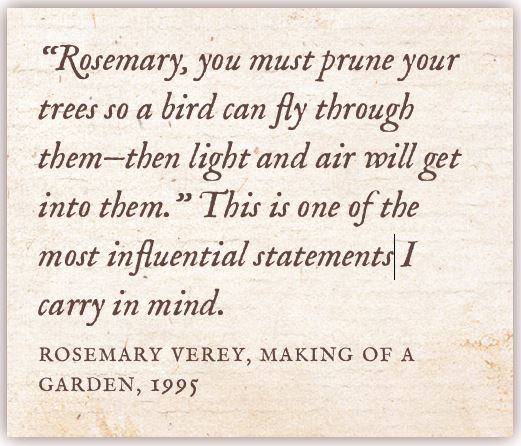
- In this focused study of God’s pruning ways, can you now understand that the resulting beauty and productivity of your pruned heart is God’s love flowing in your life?
- Consider recent conversations, interactions, or exchanges with others. Confess any fruitless discussion and ask God for forgiveness:
- Reading over Rosemary Verey’s charming advice to herself, do you see a metaphor in her words for the movement of the Holy Spirit?
- Are you ready to ask the Lord to form and shape you like one of Rosemary’s trees, full of light and space for movement—that is, movement of God?
- In the quietness of your heart, hand God the pruners. Now sing to Him the Words of Psalm 51:10:
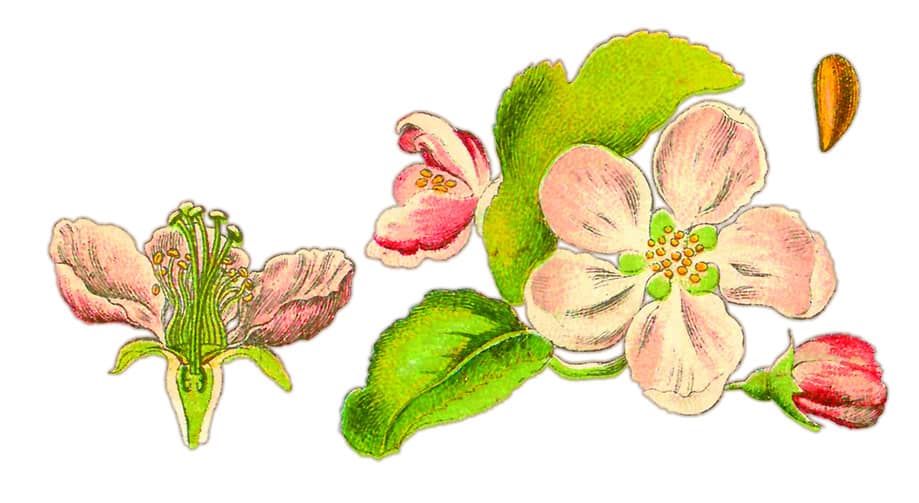
Closing Prayer
O dear Father, forever the Gardener, thank you for your perfect care to prune me. Sometimes I protest your cuts! So thank you for putting up with me and waiting patiently for me to understand. It is hard to let go of familiar things as they are cut away, but my trust in You is the most important thing and I know Your aim is to strengthen my trust. Let me plant a fruit tree to remember that you will show me good and pleasing things (Genesis 2:9)! And let my heart be light and airy, ready for Your Holy Spirit to move freely in me. Amen.
But the Lord said, “My grace is all you need.” 2 Corinthians 12:9 ERV


A Gardener’s Promise explores God’s forever-with-you devotion to us. More than a casual sentiment, God’s love is an enriching commitment to dig into everything together, a promise to hang your hat on. Part journal questions, part planting guide, this 7-part series has been created as a companion to My Father is the Gardener, Devotions in Botany and Gardening of the Bible, a way to work out God’s profound assurance in the backyard, arriving at Resurrection Day with a deeper grasp of what Christ has for us in revival life.
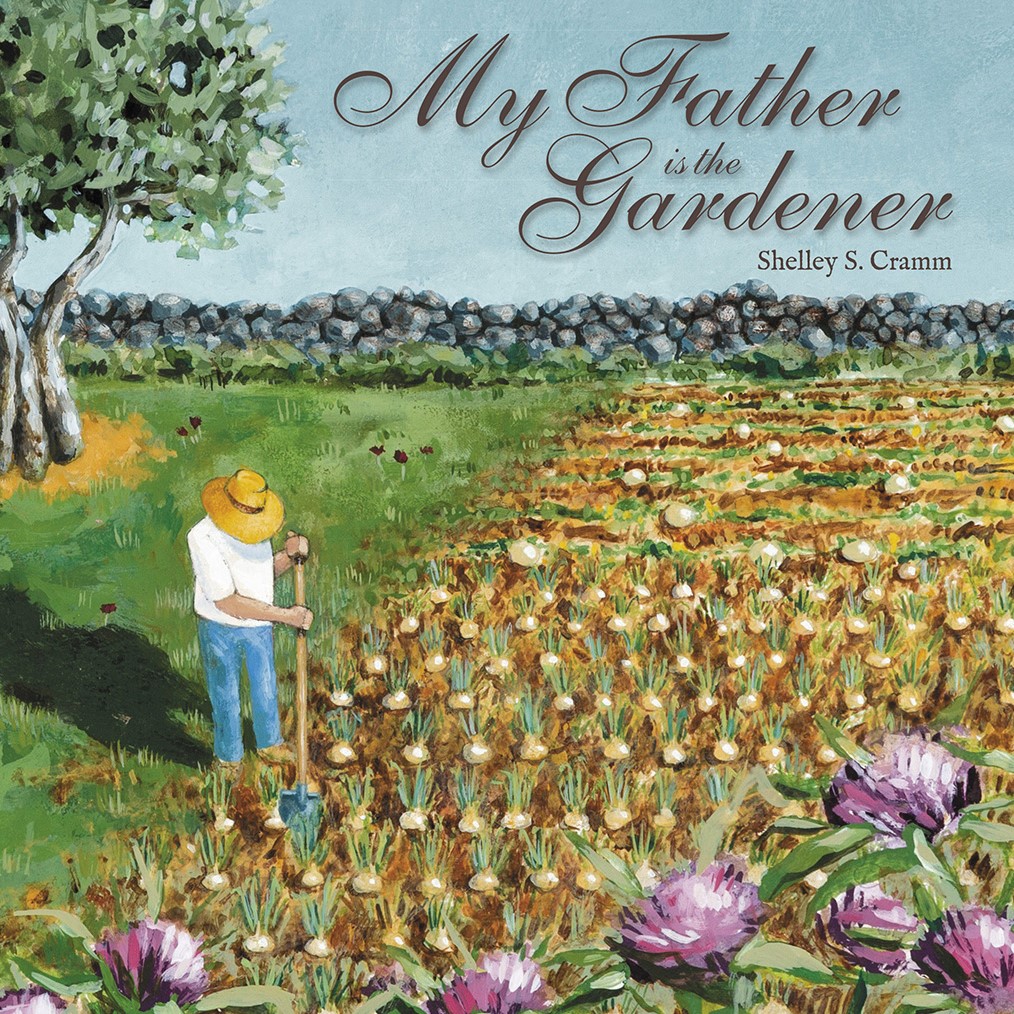
Enjoy Shelley’s latest book, a perfect study for Lent and the herald of spring. My Father is the Gardener digs into the plants, gardening, and landscapes of the Bible, unearthing inspiration in the routine ways of caring for plants and keeping a garden. Now available at BRIT Press, Powell’s Bookstore, and Amazon. Click to order: www.gardenindelight.com/books/my-father-is-the-gardener/
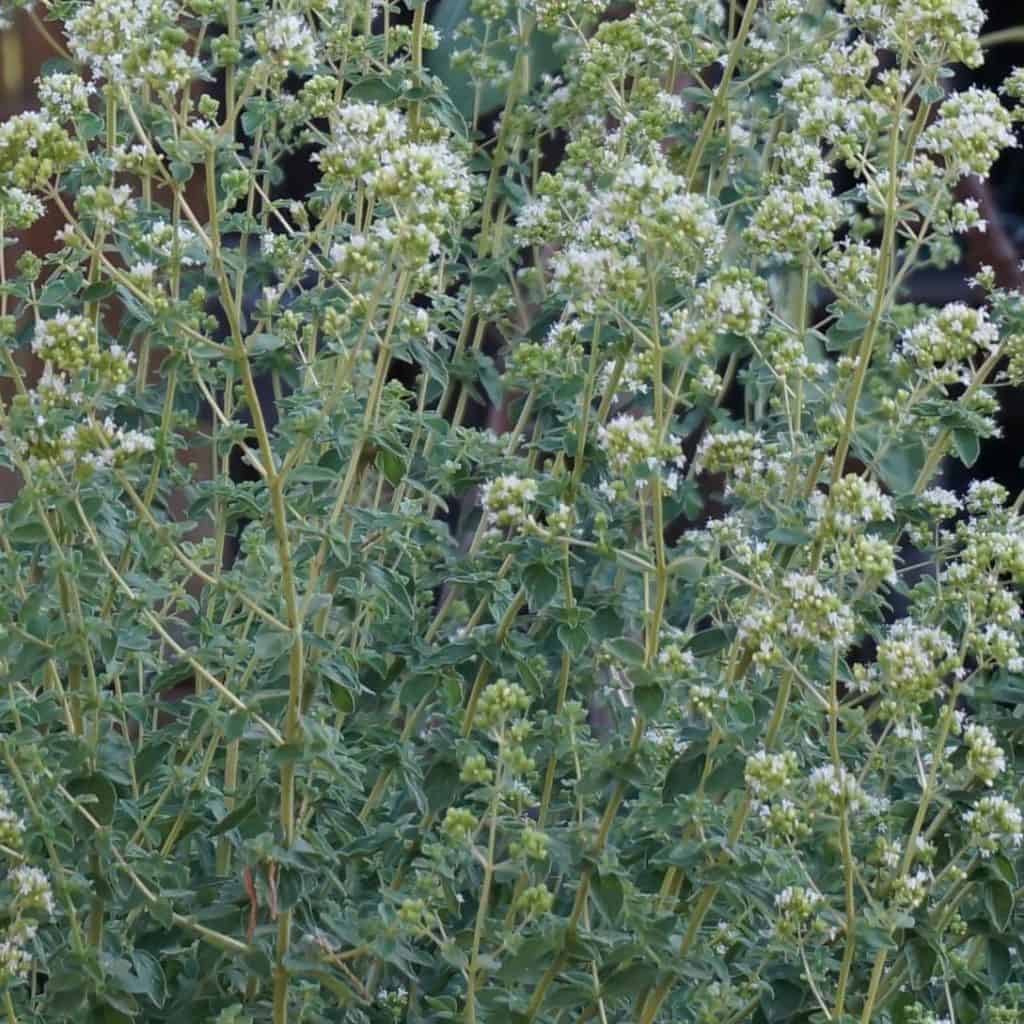
Read more in the Devotions Blog on Apple and Apricot Trees
Photo Credits: ©Joyfull | Dreamstime.com, Photo 110879399 / Apricot Tree, Full of blossom flowers branch apricot springtime; Gardener’s Hat by Layla Luna; © Natalia Pavlova | Dreamstime.com, Photo 267428535 / Tree Flowering wild crab apple tree, Malus sylvestris, in May in Berlin, Germany; ©Yongsky | Dreamstime.com, Photo 52844150 / Apricot Tree, Flowers of wild apricot trees in spring; Apricot fruit and pits from Buillard, Pierre. Flora Parisiensis Vol. 3. (Paris: P.F. Didot, 1778). Plate 264. Image from the Biodiversity Heritage Library. Contributed by New York Botanical Garden, LuEsther T. Mertz Library. www.biodiversitylibrary.org/page/6119402; Apples and apple blossoms from Sturm, Jakob. Flora von Deutschland, in Abbildungen nach der …Vol.8. (Stuttgart: K. G. Lutz, 1904). Plate 7. Image from the Botanical Research Institute of Texas Library; Lopers by Layla Luna. All drawings by Layla Luna created exclusively for My Father is the Gardener are copyrighted material. For copyright permission, please contact Shelley S. Cramm, shelleycramm@gardeninDelight.com
CJB notes Scripture quotations taken from the Complete Jewish Bible by David H. Stern. Copyright © 1998. All rights reserved. Used by permission of Messianic Jewish Publishers, 6120 Day Long Lane, Clarksville, MD 21029. www.messianicjewish.net.
ERV denotes Scripture quotations taken from the HOLY BIBLE: EASY-TO-READ VERSION © 2014 by Bible League International. Used by permission.
HCSB denotes Scripture quotations taken from the Holman Christian Standard Bible®, Copyright © 1999, 2000, 2002, 2003, 2009 by Holman Bible Publishers. Used by permission. Holman Christian Standard Bible®, Holman CSB®, and HCSB® are federally registered trademarks of Holman Bible Publishers.
ISV denotes Scripture quotations from The Holy Bible: International Standard Version. Release 2.0, Build 2015.02.09. Copyright © 1995-2014 by ISV Foundation. ALL RIGHTS RESERVED INTERNATIONALLY. Used by permission of Davidson Press, LLC.
NIV denotes Scripture quotations taken from the Holy Bible, New International Version®, NIV®. Copyright © 1973, 1978, 1984, 2011 by Biblica, Inc.® Used by permission of Zondervan. All rights reserved worldwide. www.zondervan.com The “NIV” and “New International Version” are trademarks registered in the United States Patent and Trademark Office by Biblica, Inc.®
NLT denotes Scripture quotations taken from the Holy Bible, New Living Translation, copyright © 1996, 2004, 2015 by Tyndale House Foundation. Used by permission of Tyndale House Publishers, Inc., Carol Stream, Illinois 60188. All rights reserved.
RSV denotes Scripture quotations taken from the Revised Standard Version of the Bible, copyright © 1946, 1952, and 1971 the Division of Christian Education of the National Council of the Churches of Christ in the United States of America. Used by permission. All rights reserved.
TLB denotes Scripture quotations taken from The Living Bible copyright © 1971 by Tyndale House Foundation. Used by permission of Tyndale House Publishers Inc., Carol Stream, Illinois 60188. All rights reserved. The Living Bible, TLB, and the The Living Bible logo are registered trademarks of Tyndale House Publishers.

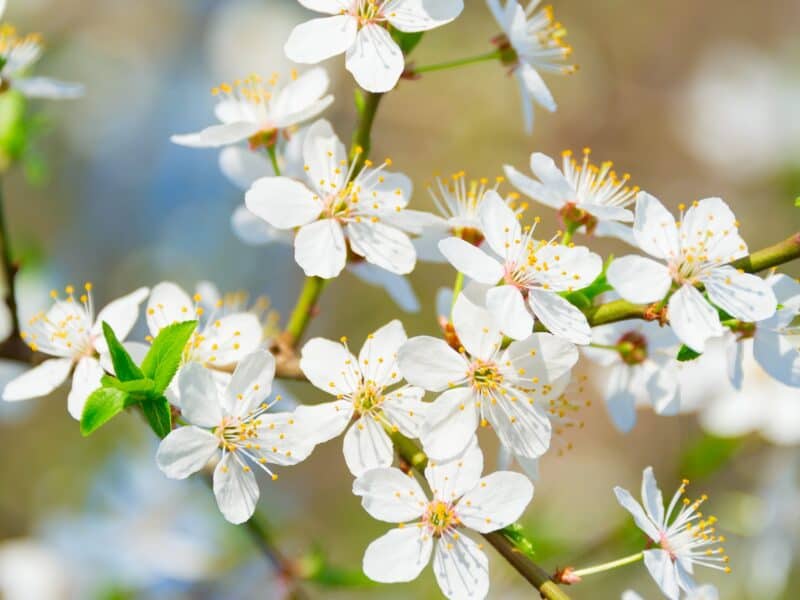
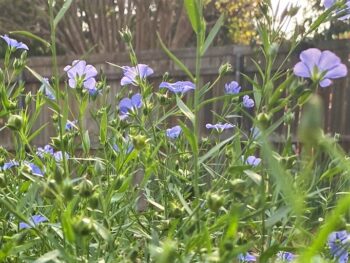
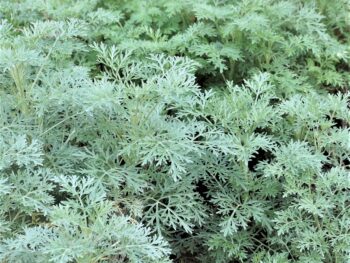
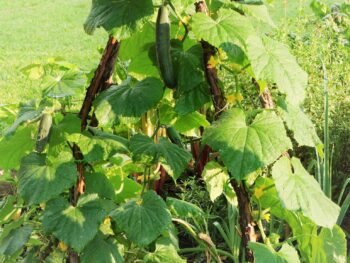
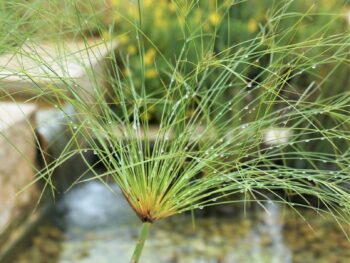
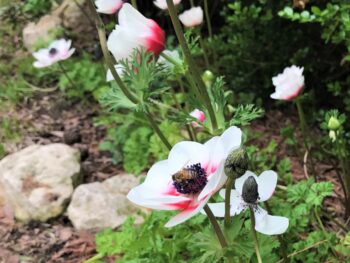
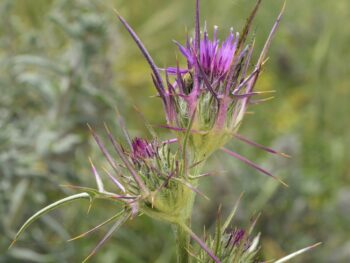
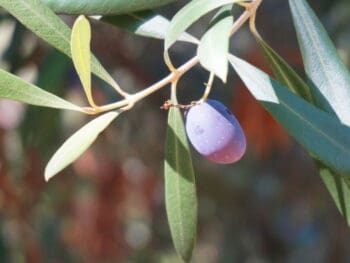
[…] Bible: Do not turn your heart away from the Lord your God to other gods (from Deuteronomy 29:18). As in pruning, we are called to grasp a higher level of know-how in discerning sprouted weed from wanted […]